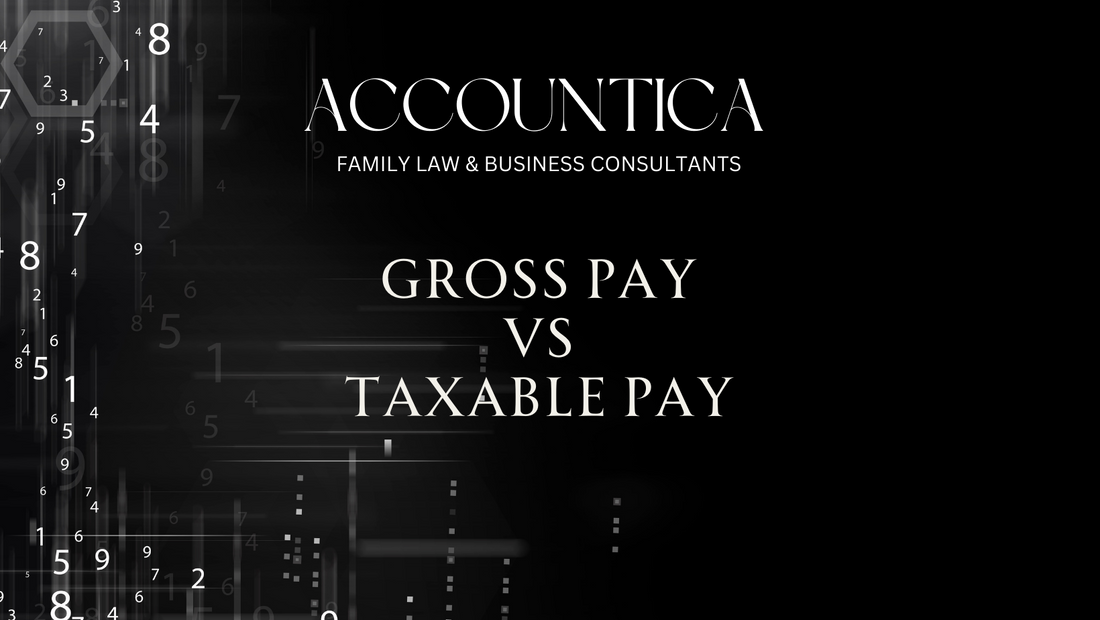In the context of UK tax law, gross pay and taxable pay are two different concepts.
-
Gross Pay: This refers to the total amount of money earned by an employee before any deductions are taken out. It includes wages or salary along with any bonuses, overtime pay, or other forms of compensation. Gross pay is the total amount an employee is paid by their employer before taxes and other deductions are withheld.
-
Taxable Pay: Taxable pay is the portion of an employee's gross pay that is subject to taxation. It takes into account various deductions, allowances, and exemptions permitted by HMRC. Not all of an employee's gross pay is taxable. Certain deductions, such as pension contributions and certain benefits in kind, may reduce the taxable portion of an individual's income.
In summary, gross pay is the total amount earned by an employee before deductions, while taxable pay is the portion of gross pay that is subject to taxation after allowable deductions are taken into account.

